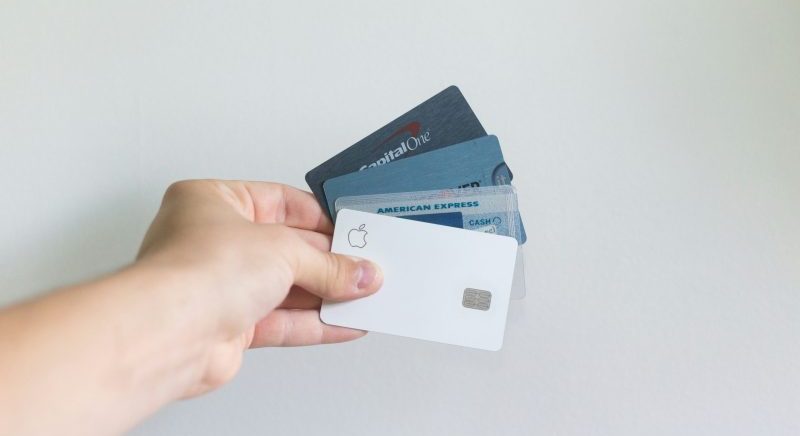3 Money Rules Every High School Student Should Follow
Most high schoolers are pros at spending money. There’s allowance, part-time jobs, and cash gifts that don’t come with instructions. It’s easy to blow through a paycheck in a weekend. But this is when money actually starts to matter. Learning how to handle money now can save a lot of stress later. We’re not saying become an investing maestro that recites tax codes, just build habits that work. These three money rules are simple, practical, and worth following before you hit senior year.
Save Early, Even in Small Amounts

Image via Unsplash/Andre Taissin
Don’t wait until you “make real money” to save. That’s like saying you’ll learn to swim once you’re in the deep end. The truth is, starting small beats starting late. According to a 2023 Fidelity report, young adults who begin saving in their teens can accumulate twice as much wealth by retirement as those who start in their 30s, even with lower monthly contributions. The reason behind this is compounding. Basically, the earlier you plug in, the richer the results. A $25 monthly deposit into a high-yield savings account or Roth IRA might sound laughable now, but 20 years from now, it’s the reason you can afford that stress-free vacation or emergency root canal. Small deposits train your brain to save, too. You could also set up an auto-transfer the same day your paycheck hits, and keep it out of sight.
Use the 50/30/20 Rule to Budget

Image via Unsplash/Jakub Żerdzicki
Budgeting doesn’t need to be color-coded or involve apps that ping you at 2 a.m. about your coffee habits. If you like things simple, the 50/30/20 rule is your best friend. It says: spend 50% of your income on needs, 30% on wants, and stash 20% for savings or debt. That’s it. If you’re working part-time and pulling in $800 a month, try using $400 for stuff like rent, groceries, and bus passes. Then give yourself $240 for concerts, pizza, or overpriced thrifted jackets. The remaining $160 should be deposited into a savings account or used to pay off that credit card bill before it becomes a financial horror story. Harvard Business Review and the Consumer Financial Protection Bureau both recommend this method for people new to budgeting because it’s flexible but not flimsy.
Limit Credit Card Usage to Avoid Debt

Image via Unsplash/Avery Evans
Credit cards aren’t villains. They’re more like that unpredictable friend who’s fun, until they wreck your weekend plans and leave you cleaning up the mess. A study by Experian in 2024 showed that the average Gen Z credit card holder carries a balance of over $2,300. And it’s the interest that stings. Miss one payment, and suddenly that $40 hoodie you “had to have” costs $70. Use credit sparingly and with a full understanding of the consequences. If you can’t pay it off in full, don’t swipe. If you need to build credit, use your card for one small, predictable expense each month (like your Spotify subscription), then pay it off right away. This builds a positive history without spiraling into debt. If you treat your card like it’s “free money,” you’ll find out pretty quickly that it’s not. Interest doesn’t care if you’re broke, stressed, or three exams deep.